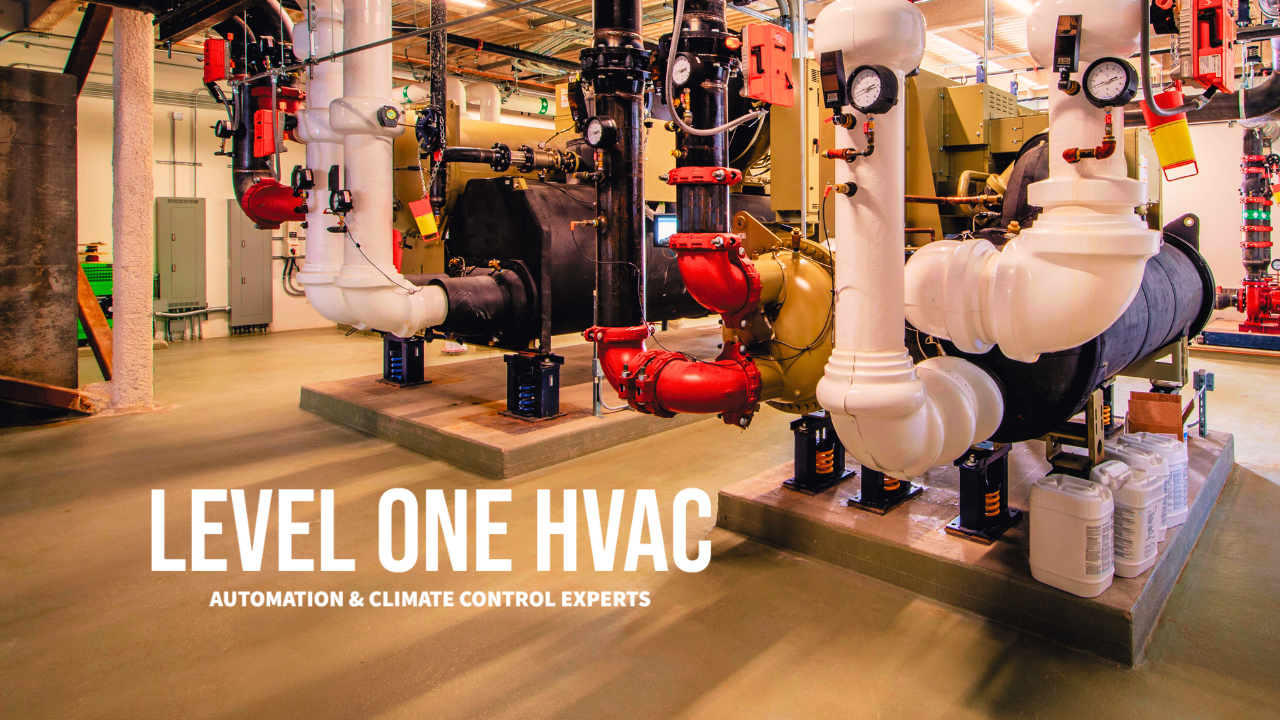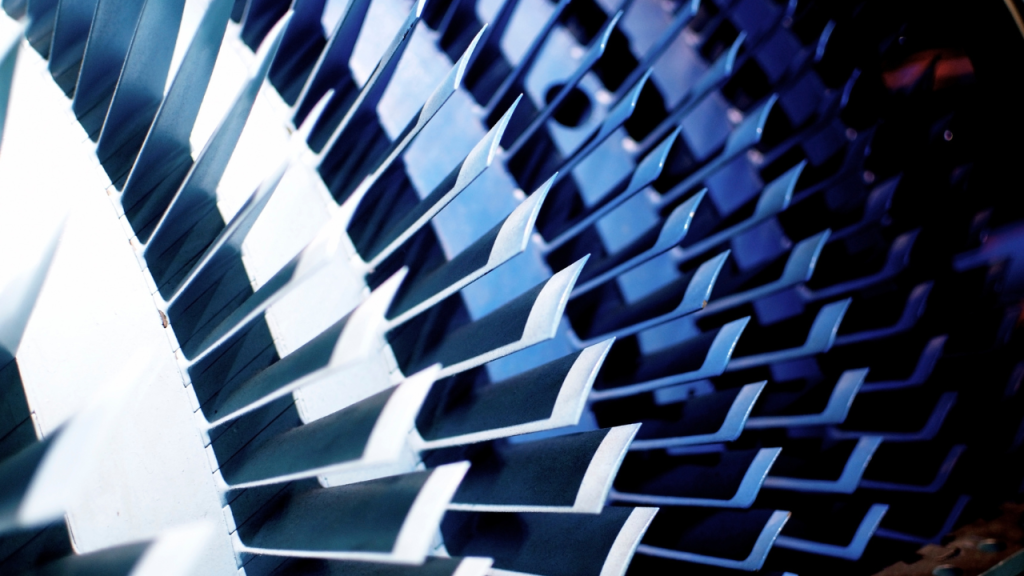HVAC Compressors: Crucial Components in AC Systems

HVAC Compressors: Crucial Components in AC Systems
In the realm of HVAC (Heating, Ventilation, and Air Conditioning), compressors play a pivotal role in ensuring efficient cooling and heating processes within residential, commercial, and industrial settings. These mechanical devices are indispensable for maintaining comfortable indoor environments, particularly in regions with extreme temperatures.
What is an HVAC Compressor?
At its core, an HVAC compressor is a mechanical device designed to compress refrigerant gases, thereby raising their temperature and pressure. This compressed gas is then circulated through the HVAC system to facilitate the transfer of heat. Compressors are typically found in both air conditioning units and heat pumps, serving as the heart of the refrigeration cycle.
Functionality in Air Conditioning Systems
In air conditioning applications, the compressor initiates the refrigeration process by compressing low-pressure, low-temperature refrigerant vapor into high-pressure, high-temperature gas. This hot gas then flows through a series of coils where it dissipates heat to the surrounding environment, cooling down and condensing into a high-pressure liquid.
The liquid refrigerant then passes through an expansion valve or device, where it undergoes a rapid pressure drop, causing it to evaporate and absorb heat from the indoor air. This cooled air is subsequently circulated throughout the building, providing the desired cooling effect. The cycle repeats itself continuously to maintain consistent indoor temperatures.

Importance of HVAC Compressors
- Energy Efficiency: Compressors are critical for the energy efficiency of HVAC systems. They enable the transfer of heat from indoor spaces to the outside environment, allowing air conditioners to cool spaces effectively even during hot weather.
- Temperature Control: By compressing and circulating refrigerants, compressors enable precise temperature control within buildings. This capability is essential for creating comfortable living and working environments year-round.
- Reliability: Modern compressors are designed for durability and reliability, ensuring continuous operation with minimal maintenance requirements. This reliability is crucial for uninterrupted comfort in homes, offices, hospitals, and other critical facilities.
- Versatility: HVAC compressors are versatile components, capable of supporting various types of air conditioning systems, including central air conditioning units, ductless mini-split systems, and heat pumps. Their adaptability makes them suitable for a wide range of applications and building sizes.
- Environmental Impact: Advances in compressor technology have led to the development of more environmentally friendly refrigerant service and systems. Newer compressors contribute to reducing greenhouse gas emissions and promoting sustainability in HVAC operations.
Conclusion
In conclusion, HVAC compressors are indispensable components in air conditioning systems, playing a fundamental role in cooling indoor spaces efficiently and effectively. Their ability to compress and circulate refrigerants is essential for maintaining comfortable temperatures and ensuring energy-efficient operation. As technology continues to advance, the importance of HVAC compressors in enhancing comfort, reducing energy consumption, and supporting sustainable practices will only grow, making them a cornerstone of modern HVAC engineering.
For more commercial HVAC news and information follow us on social. Or to get started with your free estimate, drop us a line here ! We’re here to help you make the best decision for your commercial HVAC needs.
New Hudson #248-486-6500
West Branch #989-999-4822
